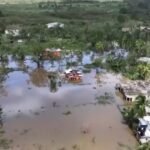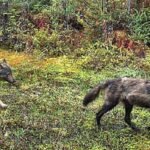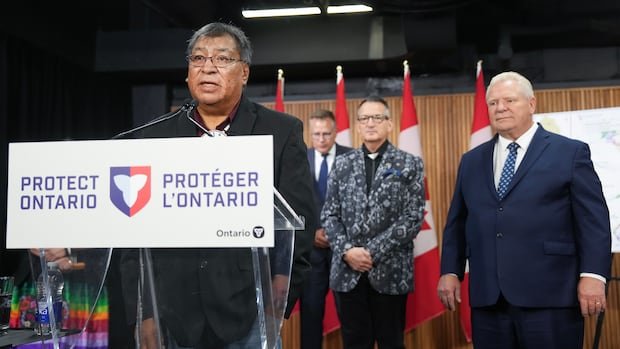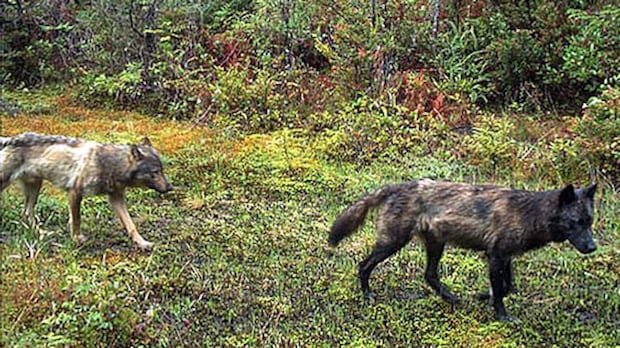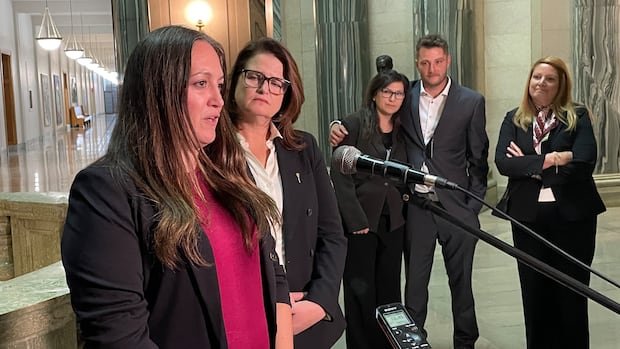In an effort to accelerate development in the mineral-rich Ring of Fire, the Ontario government has signed a community partnership agreement with Webequie First Nation.
The Ring of Fire, a crescent-shaped mineral deposit in the James Bay lowlands of northwestern Ontario, has long been considered a critical source for the province’s electric vehicle (EV) battery industry.
According to Premier Doug Ford, unlocking these critical minerals “will add $22 billion to Canada’s economy and create 70,000 new jobs,” he said during a news conference at Queen’s Park on Wednesday.
The province has been working closely with Webequie and Marten Falls First Nations to encourage development there through key road projects including:
The community partnership agreement with Webequie also includes up to $39.5 million for the First Nation.
In addition to materials and equipment for construction of the supply road, Chief Cornelius Wabasse said the money will be used to support mental health initiatives, a new sports facility and improvements to the community’s airport, which was severely damaged in a fire earlier this year.
“We look forward to working together and moving forward with what we have and making sure that our communities prosper in the near future,” Wabasse said, “and that we address some of the issues that we have at the community level, including well-being and also being able to have opportunities and economic development for our First Nations.”
Webequie First Nation carried out its own environmental assessment for the supply road project. It will be presented to the province in January.
While Ford said he wants construction on the highway to begin next spring, the project is also subject to an impact assessment under the Canada Impact Assessment Act, which he calls “federal duplication.”
“We need the federal government to end its impact assessment on the Ring of Fire, which [is] we’re just duplicating the incredible work of our First Nations partners and slowing down the task of putting shovels in the ground,” Ford said.
Last month, the province announced $61.8 million for Geraldton Main Street Rehabilitation Projectwhich the government describes as “a critical road infrastructure project in Greenstone that will be the gateway to the Ring of Fire.”
“We can no longer work at the pace of the government, not when the president [Donald] “Trump is taking direct aim at our workers and our economy,” Ford said Wednesday. “Today’s agreement is proof of what we can achieve when we work together.”
‘We want to practice autonomy’
Development in the Ring of Fire region has arrived under heavy criticism from several First Nations leaders and environmental advocates, particularly when it comes to consultations with affected communities.
The First Nations Land Defense Alliance has held multiple protests outside Queen’s Park criticizing the government’s approach. Members have also participated in Provincial rejection of Bill 5legislation that aims to accelerate development and designate the Ring of Fire as a special economic zone.
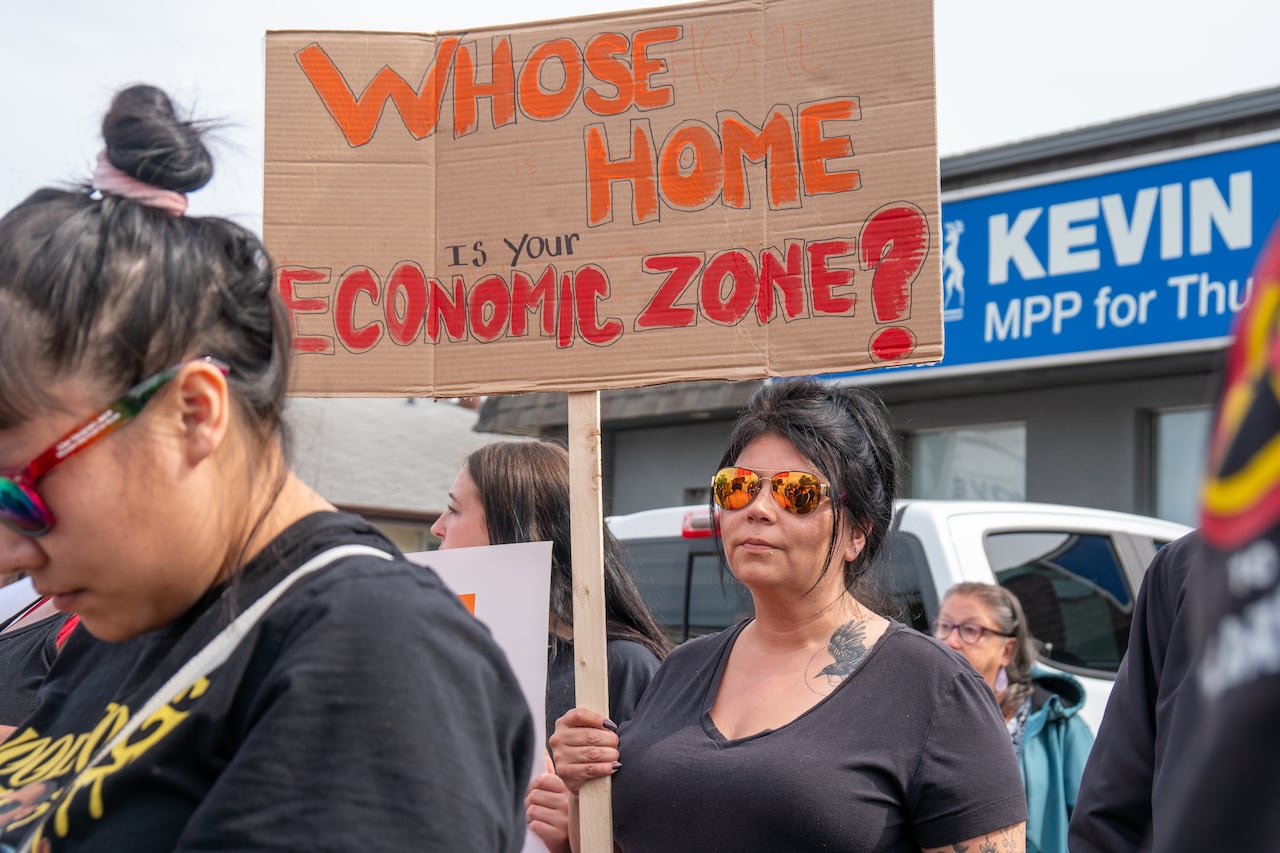
Within these zones, the province could exempt any business or project from having to comply with provincial laws, provincial regulations or municipal bylaws that the government chooses.
Greg Rickford is Ontario’s First Nations Minister of Indigenous Affairs and Economic Reconciliation, and Minister Responsible for Ring of Fire Economic and Community Partnerships.
During Wednesday’s announcement with Webequie, when asked On how consultations on Bill 5 are going, Rickford said the legislation has “generally been well received.”
“Obviously, it’s very difficult to get consensus on these things among 133 different First Nations communities, but I can say that the response has been at least curious, if not positive, on some of the key projects that communities want to have, where Bill 5 can support that and make it easier for those projects to come to fruition.”
In his opening words, wabasse He highlighted the importance of communities being able to “have that trust with the government in the agreements we have.”
“We want to practice autonomy. We want to have a say in what’s going to happen,” he said. “Many times they didn’t listen to us and this is the moment when we are moving forward.”
